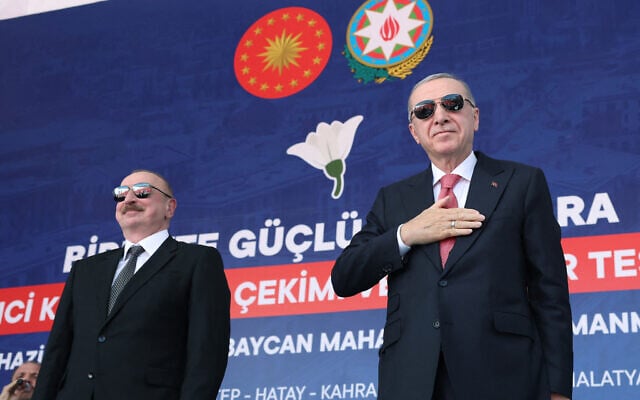
Australia Caught Between Allies as US Strikes Ignite Tensions with Iran
As tensions rise sharply in the Middle East, the international community finds itself on edge following a dramatic escalation between the United States and Iran. The situation has sparked urgent calls for calm — especially from Australia, whose government is advocating for de-escalation, even as the political opposition offers vocal support for the U.S. military action.
The recent U.S. strikes targeted Iran’s nuclear enrichment facilities, including the highly fortified Fordow site, deep beneath a mountain near Qom. According to President Donald Trump, the airstrike was a “spectacular military success,” aimed at neutralizing what he describes as a growing nuclear threat. The deployment of advanced bunker-busting bombs delivered by B-2 stealth bombers marked a significant show of force, intended to send a clear message: Iran’s nuclear ambitions won’t be tolerated.
However, the Australian government has taken a more measured tone. While acknowledging Iran’s nuclear and missile programs as serious threats to international peace, Canberra stopped short of endorsing the U.S. strikes. Instead, it reiterated its consistent call for diplomacy, dialogue, and de-escalation — urging all parties to avoid further military escalation that could spiral out of control.
Also Read:- Remembering Fred Smith – The Visionary Who Gave Memphis Wings
- Tragedy in the Skies: Brazil’s Hot Air Balloon Disaster Leaves Eight Dead
In contrast, the opposition Coalition, led by Sussan Ley and Andrew Hastie, backed the U.S. action as “proactive” and necessary to prevent a nuclear-armed Iran. They argue that inaction would pose a far greater threat, and framed the military strike as one of solidarity with the Iranian people, who they say are oppressed by a theocratic regime.
Former leaders like Scott Morrison and Senator Dave Sharma echoed that view, urging the current government to align more closely with U.S. policy. Meanwhile, questions are emerging about the use of Australian military bases by the United States in such operations, raising concerns about national sovereignty and public transparency.
Adding to the complexity, Acting Shadow Foreign Minister Andrew Hastie warned of broader risks: regime collapse in Iran, a refugee crisis, and long-term instability in the region. Reflecting on past conflicts like Iraq and Libya, Hastie cautioned against the assumption that military success guarantees long-term peace.
The government remains cautious. Deputy Prime Minister Richard Marles emphasized earlier that while Australia recognizes Israel’s right to self-defense and acknowledges the risks posed by Iran, the priority must remain on preventing escalation through diplomacy.
As Iran vows to respond, the risk of retaliatory strikes or further military campaigns looms. President Trump has already warned that any retaliation would be met with "a force far greater" than the initial strikes. In such a charged environment, every statement, every move — diplomatic or military — could tip the balance further.
Amid all this, Australia finds itself in a familiar, uncomfortable position: caught between its alliance with the United States and its commitment to international law and regional stability. The stakes are high, and the next few days could determine whether this remains a flashpoint or escalates into a much wider conflict.
Read More:

0 Comments